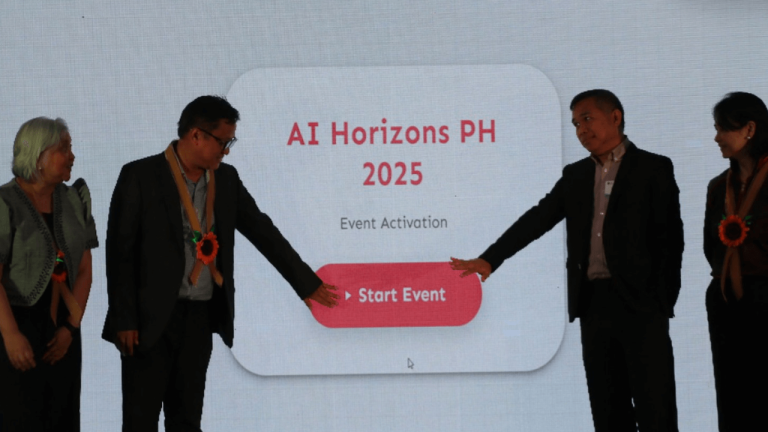PRESS RELEASE
UP leads AI Horizons PH 2025: Building a national roadmap for ethical AI and disaster resilience

MANILA, PHILIPPINES — The Philippines is taking bold steps to capture its share of the $4.8-trillion global artificial intelligence (AI) economy, with experts and policymakers uniting under a common goal: to build a national AI roadmap that fuels inclusive growth, strengthens national security, and transforms the country’s business process outsourcing (BPO) sector.
Philippines develops AI strategy for growth, resilience
According to a report from Newsbytes.PH, more than 300 leaders from government, industry, and academia gathered at the AI Horizons PH 2025 conference held on October 16-17 at the University of the Philippines (UP) Cebu to tackle the urgent need for a cohesive AI strategy.
The event followed two major earthquakes in Cebu and Davao, highlighting the potential of AI in disaster prediction and crisis response.
UP President Angelo Jimenez stated that the country stands at a crossroads in the AI era.
He urged collective action to invest in infrastructure and education, saying, “What we need is will—political will to invest in digital infrastructure, educational will to transform curricula, and collective will to ensure that AI serves the many, not merely the few.”
Program chair Prospero C. Naval Jr. added that innovation must be balanced with responsibility, stressing that AI should be developed “to serve the public good.”
Sessions on cybersecurity and national security explored how AI systems can help protect critical infrastructure and communications networks, especially during disasters.
Experts from the Philippine Department of Science and Technology (DOST) and international partners discussed building local AI infrastructure and improving data governance, echoing the United Nations Conference on Trade and Development’s call for developing nations to strengthen AI capacity.
BPO workforce upskilling at the core of AI transformation
With 1.7 million employees and US$31.6 billion in annual revenues, the Philippine BPO sector is under pressure to evolve as automation reshapes the global outsourcing landscape.
Industry experts, including Cebu IT-BPM Organization’s Salvador Villasis and Analytics & AI Association of the Philippines president Michelle Alarcon, emphasized the need for workforce upskilling and a transition toward higher-value services like predictive analytics and intelligent automation.
UP Cebu Chancellor Leo Malagar captured the social dimension of AI, saying, “AI must be our new instrument of nation-building — a tool not of domination but of liberation. We must build AI systems that serve the poor and not replace them.”
The conference concluded with three landmark outputs: a National AI Cybersecurity Strategy, an AI Integration Roadmap for the BPO sector, and a Philippine AI for Social Good Framework—designed to guide national policies on AI governance and resilience.
As AI redefines the future of work, the Philippines’ BPO industry finds itself at a turning point. Embracing AI-driven transformation could elevate the country’s outsourcing edge from labor cost to innovation leadership.
However, success will hinge on one crucial factor—how well the country empowers its workforce to not only survive the AI revolution but also to lead it.
